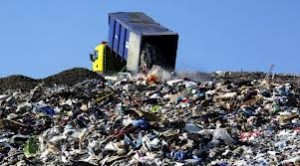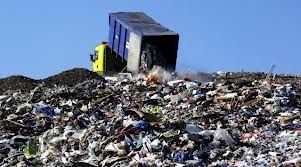
According to a recent study carried out by the School of Planning of the University of Waterloo on behalf of the Canadian Plastics Industry Association (CPIA), if all of the non-recycled plastics that are put into Canadian landfills each year were converted to energy, using technologies currently available, the energy would be sufficient to provide fuel for over 600,000 automobiles annually.
“Plastics, being hydrocarbons, have energy values substantially higher than coal and almost as high as natural gas and oil. Capturing this energy value of non-recycled plastics would contribute a significant supply of alternative energy in Canada,” says Professor Murray E Haight, one of the authors of the study.The study estimates that if all the non-recycled plastics were converted to fuel oil, using the technology called pyrolysis, it would produce almost 9 million barrels of oil equivalent to a value of US$786 million.
Alternatively if all of the non-recycled plastics were separated from other wastes and used as fuel in specially designed power plants, the electricity produced would be sufficient to supply almost 500,000 Canadian households annually while also reducing dependence on coal.Similarly, the study also estimates that if 100% of Canada’s currently landfilled combustible solid waste instead were diverted to new waste to energy (WTE) power plants, it could provide electricity to power more than 1.5 million homes each year.
“After use, plastics should be recycled to the full extent possible. For non-recycled plastics, they can be re-purposed to be a valuable energy source. Recovering this energy complements recycling and is a better option to landfilling energy,” says Cathy Cirko, Vice President of the CPIA. Technologies exist to convert non-recycled plastics into crude oil, electricity and into other fuels.
Source: http://www.adsalecprj.com/Publicity/MarketNews/lang-eng/article-67002772/Article.aspx








